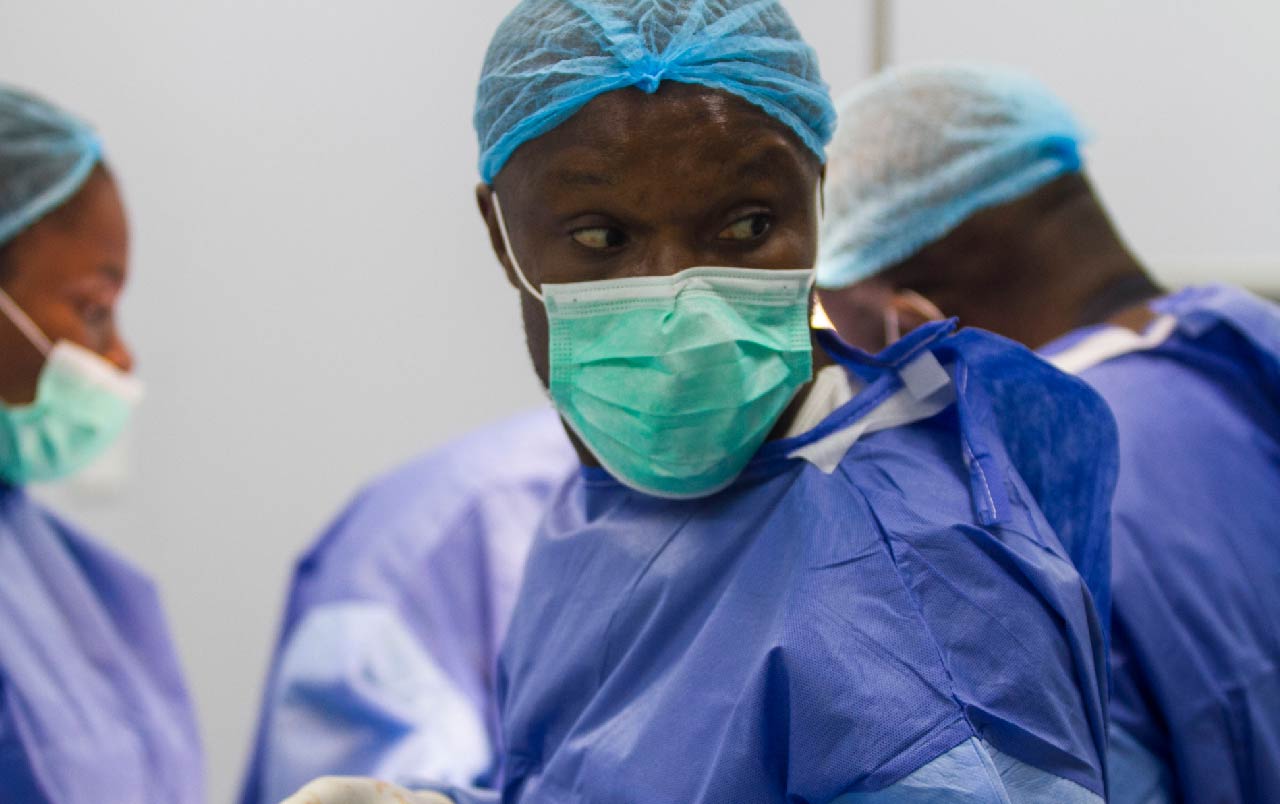The Nigerian health system has suffered several setbacks. It is vastly under-resourced in terms of personnel and medical infrastructure. While this is a widespread problem, conditions in rural areas are often far worse compared to urban ones. Nigeria’s poor health system has resulted in penurious outcomes, prompting stakeholders to call for immediate government intervention. Yet, the government’s health expenditure is still significantly lower than the World Health Organization’s (WHO) recommendation of 15% of the annual budget.
Over the decades, the migration of medical doctors from Nigeria has increased. The NOI Poll in 2018 revealed that 88% of doctors in Nigeria were seeking employment abroad. Furthermore, between 2015 and 2021, about 4,528 Nigerian-trained doctors have migrated to the United Kingdom (UK). Even with the pandemic and existing health burdens in Nigeria, doctor’s migration has increased. This worrying trend exacerbates an already deteriorating health system. And it is unlikely to stop, as Nigerian doctors continue to seek better working conditions abroad.
Health Personnel Shortage and Migration
A WHO report revealed that Nigeria has a Doctor-Patient ratio of 4 doctors per 10,000 patients and five hospital beds per 10,000 patients.
With over 200 million people, it would take about 25 years to produce enough doctors to cater to the population, asserts the Nigerian Medical Association (NMA). This dire situation can only lead to poor health outcomes. High child and maternal mortality rates are preventable if doctors are readily available. The link between the number of physicians and mortality rates has been documented in the literature, reflecting the negative consequences of doctor shortages in Nigeria.
The primary reason for the large number of medical doctors emigrating each year is the lack of adequate funding in the sector. The 2021 health expenditure accounted for only 7% of the total budget. It is less than the 15% agreed on by African leaders and the WHO in 2001.
According to the NMA, approximately 2000 doctors leave the country each year. The average number of doctors trained in Nigeria and currently practising in the United Kingdom (UK) increased significantly between July 2020 and May 2021 – ranking Nigerian doctors the third highest in the UK.
In 2020 the highest monthly earnings of a Nigerian doctor were about USD 1,365. In Sierra Leone, a doctor earns up to USD 2,000, while doctors in the UK, United States, and Saudi Arabia earn up to ten times what doctors earn in Nigeria. It automatically increases the appeal of emigrating to these countries. Further, the lack of equipment in hospitals in Nigeria and poor working conditions mean that the opportunity cost of emigration is significantly low.
Implications for Sustainable Development Goal 3
The growing trend in the number of migrating doctors could prove detrimental and pose a significant constraint in achieving SDG 3 (good health and well-being) in Nigeria. It has drained the country’s human capital, the majority of which was paid for with government resources. One target of SDG 3 is to improve the recruitment, professional development, and retention of health professionals in developing countries. However, given the high rate at which doctors are leaving the country, Nigeria may not achieve the SDG 3 targets by 2030.
The significance of a fully functional health system cannot be over-emphasized. Economic and social welfare conditions are among the fundamental causes of brain drain. Hence, a significant financial commitment through the provision of critical infrastructure in the health sector and improved governance would facilitate the retention of doctors within the country. The government should prioritize the health sector, given its link with better life quality and economic development. Workers’ remuneration should be made competitive with international standards. That would increase the opportunity cost of emigration.
Text editor: Gabriela Keseberg Dávalos


